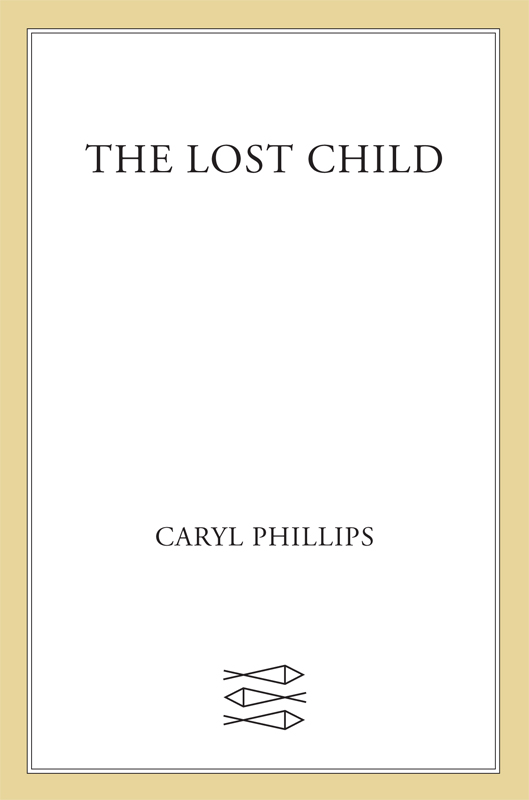
The Lost Child
A Novel
کتاب های مرتبط
- اطلاعات
- نقد و بررسی
- دیدگاه کاربران
نقد و بررسی

March 2, 2015
Phillips (A Distant Shore) spins a disturbing and tragic tale of a broken family in the north of England, sprawling across time and generations, and drawing inspiration from Wuthering Heights. The story begins by the docks of Liverpool as a seven-year-old boy "hovers protectively over his afflicted mother," a woman haunted by her time in the West Indian fields, abandoned by her lovers, and now nearing death. This ghastly introduction telegraphs a difficult path ahead in the modern story of Monica Johnson, a willful young Oxford University student, who rushes from her bully of a father, Ronald, an officious school master, into a marriage and children with Julius Wilson, an older history graduate student on a scholarship from his home country, an unnamed Carribbean island. The point of view shifts among Monica and her three children as the characters attempt to connect despite their self-destructive tendencies, notably anger sublimated into pride. Philips's use of not only the story of Heathcliff and Mr. Earnshaw but of the complicated home life of the Brontë sisters and their beloved failure of a brother will appeal to lovers of their canon. But, as well realized and evocative this story is, it's more gloom than romance on the moors. The book reverberates with pain and dislocation more gothic than any howling ghost.

Starred review from January 1, 2015
Award-winning novelist, essayist and playwright Phillips (Color Me English, 2011, etc.) responds to Wuthering Heights.A difficult daughter and an unhappy wife, Monica Johnson is contrary, self-destructive and-finally-mad. That Monica, in her broad outlines, resembles Cathy Earnshaw is no accident. Her story-as well as that of her husband and their sons-is interwoven with scenes inspired by Wuthering Heights and the life of its author. This is not to say that Monica is Cathy, transplanted from the moors to Oxford in the late 1950s. This is not a retelling. The interplay between this novel and Emily Bronte's masterpiece is much more interesting than that. For example, Phillips imagines Heathcliff before Mr. Earnshaw takes him to the Heights. This boy is the son of a slave, a woman who worked a sugar plantation before being transported to England. Phillips isn't the first to read Bronte's "dark-skinned" antihero as black, but he also connects the boy to Monica's husband, Julius-a man who gives up academic life in order to take up the cause of anti-colonialism in his West Indian home country-and to their neglected, dispossessed sons. The thematic links between the modern story and Wuthering Heights only become clear over time, and-even then-they're too rich and subtle to work as simple allegory. Empire and race are among Phillips' concerns, but he also offers heartbreaking depictions of alienation and the fragility of human relationships. While it would be easy to identify Heathcliff as the lost child of the title, it could also refer to Monica's younger son-or her older boy. But Monica is lost, too. And then there's Bronte, drifting further and further into her invented world as she dies. What Phillips seems to be saying, in the end, is that the lost child could be any of us-perhaps even that the lost child is all of us. Gorgeously crafted and emotionally shattering.
COPYRIGHT(2015) Kirkus Reviews, ALL RIGHTS RESERVED.

October 15, 2014
Because Phillips is winner of the Commonwealth Writers' Prize and the James Tait Black Memorial Prize, among other honors, he should do wonders with this account of Heathcliff's life before he encounters the Earnshaws in Wuthering Heights. Blended into the narrative is the story of the Bronte sisters and troubled brother Branwell.
Copyright 2014 Library Journal, LLC Used with permission.

























دیدگاه کاربران